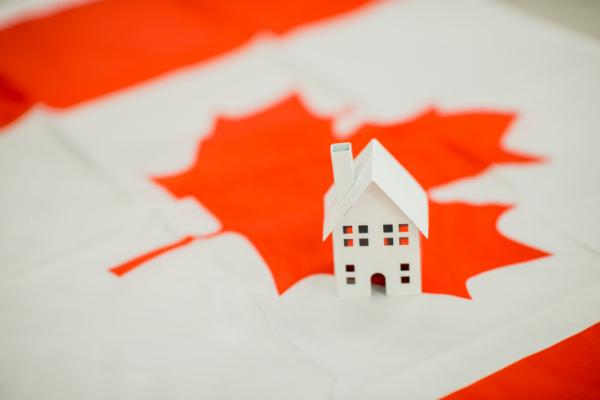After buying your first home and enjoying all it has to offer, you may be considering purchasing a second home at some point. For instance, you may want to have your own weekend getaway to relax and unwind far away from the hustle and bustle of the city without worrying about finding available accommodation and securing a reservation. You may also want to have a summer home that you can access whenever you want, allowing you to enjoy a change of scenery at a moment’s notice.
Owning a second home is an excellent investment to make, whether you intend to use it or rent it out. However, there’s a lot of research that goes into finding the right property to call your own for the second time, especially in determining your financing options. Luckily, buying a house will be made easier by working with the best real estate agent and following our guide.
Here’s what you should consider when buying a second property:
1) Property Type
Whether you plan on buying a summer home or a place to rent out, you’ll need to determine the type of property that works best for its intended purpose. For instance, if you are purchasing it for income purposes, you’ll want to look for homes in a business district, like an apartment or a townhouse. To make the most bang for your buck, you’ll need to find a highly sought-after location.
It’s important to note that you may change your mind about the property and decide to convert it into a retirement home. It’s best to choose a location you wouldn’t mind living in, even if you intend to rent it out. This rule of thumb also applies to properties bought for seasonal purposes, whether it’s a quaint cottage you can spend your summers and winters in or hope to rent out to vacationers.
2) Insurance Costs
Another critical factor to consider when purchasing a second property is the insurance costs that come with it. Most homeowners forget about this and end up with even more expenses than they had expected, as insurance bills are unavoidable. Once you’ve laid your eyes on a property, it’s best to start asking for insurance costs to determine if it’s within your budget.
Your property’s location and purpose influence how much your insurance will cost. For example, if you buy a house by a body of water like a lake, you’ll have to pay for flooding insurance. If you rent the property out to tenants or vacationers, you’ll also have to pay for more insurance to protect yourself from instances in which they get injured while on your property.
3) Maintenance and Upkeep
Lastly, you must also account for maintenance and upkeep costs. If you’re buying the property as a seasonal escape for your family, you’ll still have to pay for utilities every month, even when you aren’t using them. You’ll also have to consider repair work that may result from months of disuse, like damaged pipes.
Meanwhile, if you’ll be renting it out, you’ll have a much easier time with the utility costs because you can integrate those into the rent cost. It is crucial to decide on renting your property for the long term or only a few days, weeks, or months, allowing you to estimate how much you’ll have to pay for utilities.
Conclusion
Purchasing a second home in Canada comes with a world of benefits. However, it is unwise to buy one willy-nilly without considering all the details and expenses that go with it. By accounting for these three factors and working with a real estate agent, buying a house will be much easier than expected.
Chris Low is a real estate agent buying and selling residential, commercial, and farm real estate in Manitoba. Whether you’re selling or buying a house or you’d like to know how much your home is worth, I’m the one to call. Contact me today to find out more about how I can help you meet your real estate goals!


Comments:
Post Your Comment: